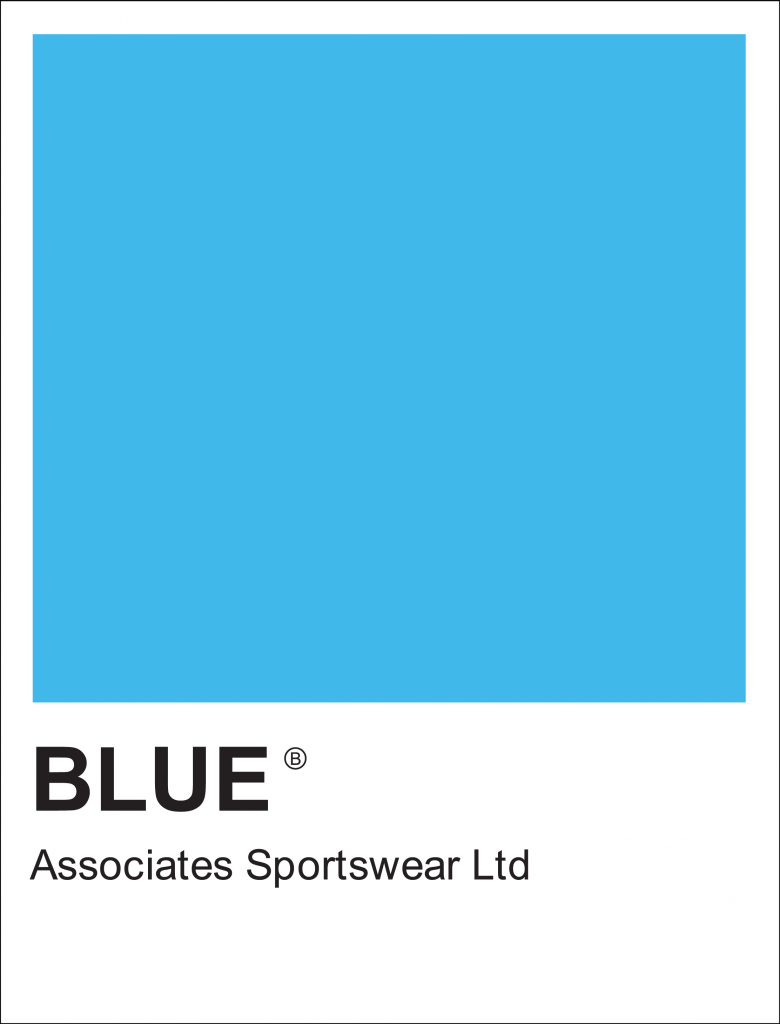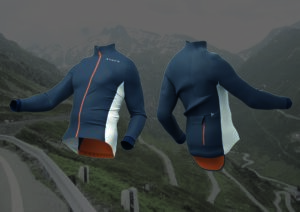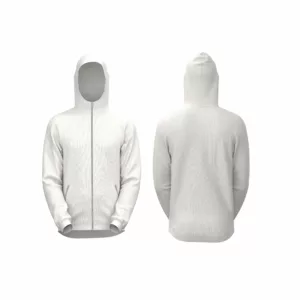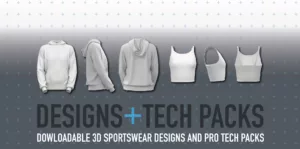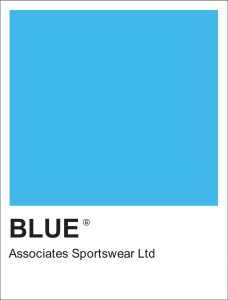Hands up if you’ve heard any of these phrases thrown about; ethical fashion; sustainable fashion; slow fashion. These are common phrases that brands and suppliers are using on a daily basis without actually being or offering either.
Sustainability is a term now commonly used across the globe as consumers become more aware of the harm production of goods can cause the planet. Many suppliers, factories and brands claim to be sustainable in an attempt to win over customers loyalty, however many are simply using the term rather than following the meaning.
Consumerism, oversupply and little regard for the planet has resulted in the world eventually waking up to the fact we have severely damaged our planet and we cannot continue to strip it of its resources.
Sustainable is the future and as an industry, we need to act fast as fashion is the second biggest polluting industry in the world behind Oil and Gas.
Sustainability is about the entire production process and lifespan of the product and the impact it has on the planet. 100% sustainable is almost impossible to achieve as this has zero impact on the planet by using no power, water, resources, fuel, transport or chemicals to produce, sell and dispose of after use. The only truly sustainable things in the world are natural, self-populating things such as plants.
When brands claim they make a sustainable T-shirt, we need to remember that to get the T-shirt from raw ingredients to the consumer, the T-shirt production and delivery needs power, water & transport. Sure, aspects of the T-shirt may be sustainable, for instance, they use Organic Cotton, but nobody is talking about the carbon footprint to produce and ship the T-shirt or the 27,000Ltrs of water used to grow the cotton to produce just the one T-shirt.
So, 100% sustainable isn’t possible unless we farm our own sheep, shear them, spin the wool and knit our own garments. There are however sustainable solutions to many of the harmful aspects of the production of garments. We can use natural fibres that grow fast and use little water. Wool and Tencel are great examples of this.
We could produce more locally to the source of the raw ingredients and where the goods will be sold and perhaps produce in a factory that uses solar power and heat source pumps to power their factory.
We could produce less, thinking about what you will actually sell rather than what you would like to sell, and we could design the product to be classic and timeless and build them better, so they last longer. This leads us to Slow fashion, which is the opposite of Fast Fashion.
Fast Fashion is trend-led, usually low quality, quick turnaround, cheap clothes that are in fashion and last for one season and then thrown away. We know the key players here, with jeans that sell for £4 and constant sales to move unwanted overbuys that greedy fashion buyers purchased to hit their targets.
Slow fashion is about the long term. Classic styles that will last longer, always remain cool but not trend-led and purchased in a more sustainable way to reduce the impact on the planet. They are usually produced to a higher standard and in limited numbers.
Ethical fashion is linked heavily to Slow Fashion with total transparency on where it’s made, who made what part and making sure the workers along each stage of the production are paid a fair wage in good working conditions. Many big brands and fast-fashion retailers claim they audit factories, many of who will do this; however, they only audit the final sewing factory and few dig any deeper than this.
Some questions never asked-:
Who picks the cotton from the cotton fields (often children)?
Who produced the fabric and components?
How are these ingredients shipped?
Who prints the fabric?
Is the factory audited to produce the goods actually subcontracting them out to 3rd party factories?
It’s only when the industry starts to question the full supply chain can we be certain that every aspect of the production process has been managed ethically rather than simply ticking a marketing box and auditing only one small aspect of the production process.
If you have read this far, hopefully, you can see that ethics and sustainability are core beliefs behind Blue Associates Sportswear and we work heavily in this area with many of our clients that share this belief. We have a huge library of ethically and sustainably sourced fabrics and our factories have strict environmental strategies in place to make sure their production has a reduced effect on the planet in terms of waste and power.
If you are interested in producing ethical or sustainable sportswear for your brand, please get in touch and see how we can help.
